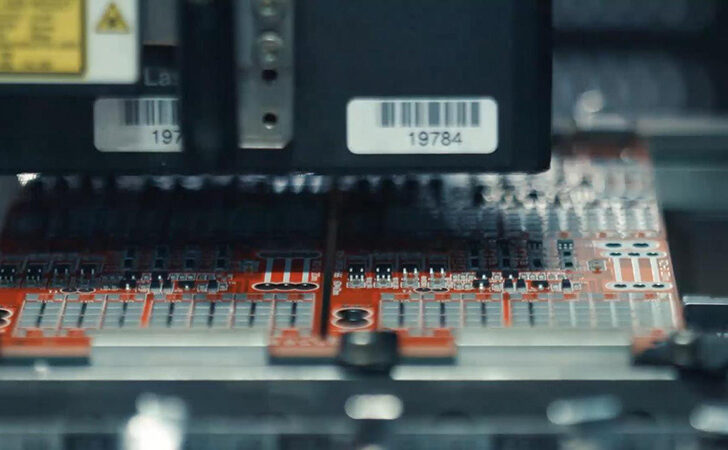Lithium batteries are widely used in various applications such as electric vehicles, renewable energy storage, portable devices, etc. They have many advantages over other types of batteries, such as high energy density, long cycle life, and environmental friendliness. However, they also have some drawbacks, such as safety issues, performance degradation, and maintenance challenges. Therefore, lithium batteries require a special system to manage and protect them during use. This system is called a Battery Management System (BMS).
What is a BMS(Battery Management System)?
A BMS is an intelligent component of a battery pack that is responsible for monitoring and controlling the status and behavior of the battery. It is the brain behind the battery and plays a critical role in its safety, performance, charge rate, and longevity. A BMS can perform several functions, such as:
1. Voltage and current monitoring: A BMS can measure the voltage and current of each cell or module in the battery pack and detect any abnormalities or imbalances. It can also monitor the battery’s state of charge (SOC) and state of health (SOH) and estimate remaining capacity and run time.
2.- Protection and equalization: A BMS can protect the battery from overcharge, over-discharge, overcurrent, short circuit, overtemperature, or Undervoltage by disconnecting the load or charger or by activating a bypass circuit. It can also balance cells or modules by transferring energy from higher to lower or dissipating excess energy as heat.
3. Thermal management: A BMS can regulate the temperature of the battery by using fans, heaters, coolers, or heat pipes. It can also adjust charge and discharge rates based on temperature to prevent overheating or undercooling.
4. Data Storage and Communication: A BMS can store historical battery performance and condition data and communicate with other devices or systems via wired or wireless interfaces. It can also display battery information on an LCD screen or smartphone app.
Why do Lithium Batteries Need a BMS?
Lithium batteries require a BMS for several reasons:
1. Safety: Lithium batteries have a high risk of explosion or fire if they are overcharged, overdischarged, shorted, or overheated. This can damage the battery pack and endanger the life of the user. Therefore, a BMS is required to prevent these situations from occurring and to ensure the safe operation of the battery.
2. Performance: Lithium batteries have different characteristics and parameters such as internal resistance, capacity, self-discharge rate, etc. These can cause inconsistencies and imbalances between cells or modules in a series or parallel connection. This can reduce the efficiency and utilization of the battery pack. Therefore, a BMS is required to monitor and balance the cells or modules and optimize the performance of the battery.
3. Maintenance: Lithium batteries have poor capacity retention and accuracy at low temperatures and have difficulty predicting their remaining charge. This can affect the reliability and availability of the equipment or systems that use them. Therefore, a BMS is needed to accurately estimate the SOC and SOH of the battery and provide timely feedback and warnings to the user. A BMS can also reduce its own power consumption and extend battery life.
In Summary
A lithium battery needs a BMS to manage and protect it during use. Smartec BMS can perform various functions such as monitoring, protection, equalization, thermal management, data storage and communication. Please feel free to contact us to get more detail information of SmarTEC battery management system.

